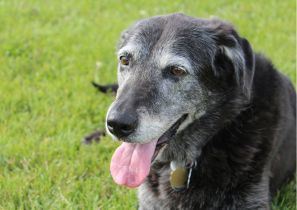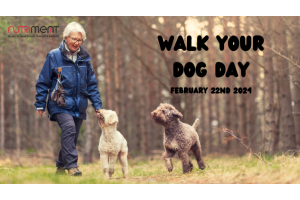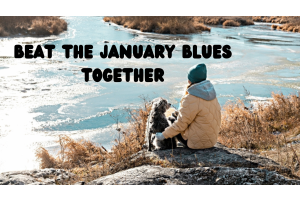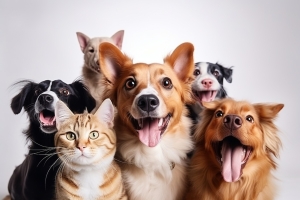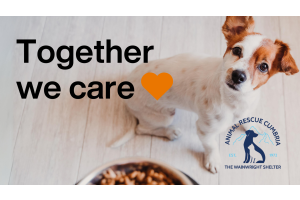Dog breeds in the summer heat
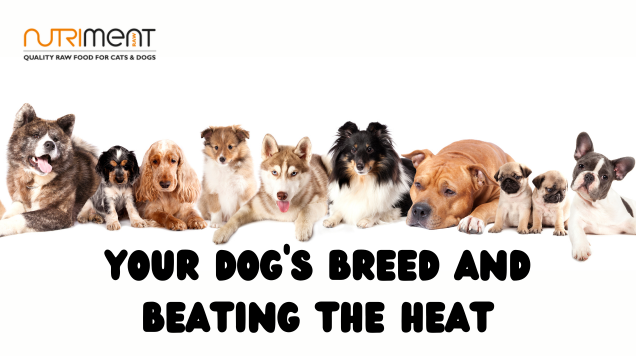
The importance of your dog’s breed and beating the heat this summer.
We should all know the dangers of hot weather for our dogs by now, and how important it is to keep our four-legged friends cool and safe during the hotter summer months (if not, take a quick read of this blog post). However, we wanted to do a bit of a spotlight on specific breeds that may need a little extra attention paid to them as temperatures soar.
Unfortunately, some breeds of dog are more prone to suffering with heatstroke and heat exhaustion due to the nature of their build. If your dog falls into any of the below categories, please take extra care with them whilst this glorious weather is upon us. Remember – just an increase of a few degrees can have a major impact on your dog’s ability to regulate their temperature.
Brachycephalic breeds
Short nosed / snouted breeds of dog are referred to as ‘Brachycephalic’ and include Bulldogs (French and English), Boxer Dogs, Boston Terriers, Pekingese, Chinese Shar-Pei, Pugs, Lhasa Apsos, Shih Tzus, and Bull Mastiffs. These dogs are especially susceptible to changes in temperature and overheating due to the nature of their facial bone structure. Their ‘squashed’ noses and faces make it more difficult to breathe, and therefore rapid breathing and panting – a technique used to help cool down – can be less effective. If you have a brachycephalic breed of dog, you must take extra care in warmer weather conditions to ensure your dog stays cool and calm to prevent the risk of heat exhaustion.
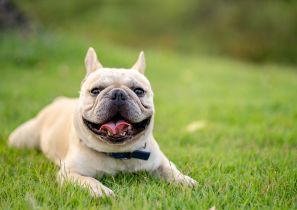
Double-coated breeds
Double-coated breeds of dogs have two layers of fur: a harsh topcoat and a soft undercoat. Perhaps obviously, their thicker, heavier coats make them more prone to overheating and heat exhaustion due to the coats’ insulation properties (i.e. they trap heat). Double-coated breeds include Chow Chows, Golden Retrievers, Pomeranians, German Shepherds, Siberian Huskies, and Akitas. Staying on top of your dog’s grooming schedule can help to alleviate additional coat weight during the warmer months, as well as encouraging resting periods in the shade, using cooling mats / towels, and encouraging water play.
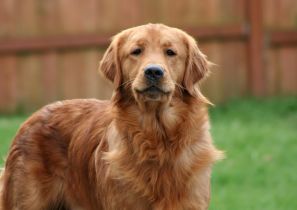
Giant breeds
Great Danes, Newfoundlands, St. Bernards, English Mastiffs, Wolfhounds and Leonbergers are all considered giant breeds due to their magnificent size. Whilst this makes them ideal for keeping warm in colder climates, their large frames are less equipped to remain safe and healthy at hotter temperatures. Limiting excessive exercise, and providing plenty of shade, cool water and swimming opportunities are all ideal for giant breeds in summer months.
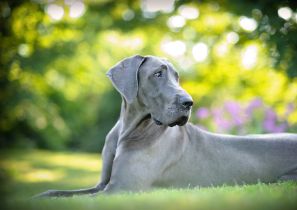
Overweight and ageing dogs
Although obviously not breed-specific, dogs who are overweight and senior dogs are both more likely to fall victim to heat exhaustion. For older dogs, keeping cool can be more of a struggle due to their reduced cardiovascular and respiratory function which may mean they struggle to lose excess heat as efficiently as younger dogs. For overweight or obese pups, the increased insulation the fat cells and increased heat they generate from mild exercise can both contribute to difficulty cooling down in hotter weather. If your concerned about your dog’s weight, you can speak to one of our in-house canine nutritionists to discuss which Nutriment raw dog foods are ideal for helping shed a few extra pounds.
Of course, it’s important to remember that any breed of dog, no matter its age, size or structure, can fall ill to heatstroke and heat exhaustion. All dogs should have continuous access to fresh water and shade during hot weather periods, as well as well-timed walks (to avoid the hottest parts of the day), avoiding long car journeys, and letting them graze rather than force food upon them.
If you have any concerns regarding your dog’s health after a period of warmer weather, or they start to exhibit symptoms such as excessive drooling and panting, dark, blue or red gums and tongue, confusion, diarrhoea or vomiting, or just general out-of-character behaviour, contact your vet immediately. Every moment counts when it comes to heatstroke and heat exhaustion.
